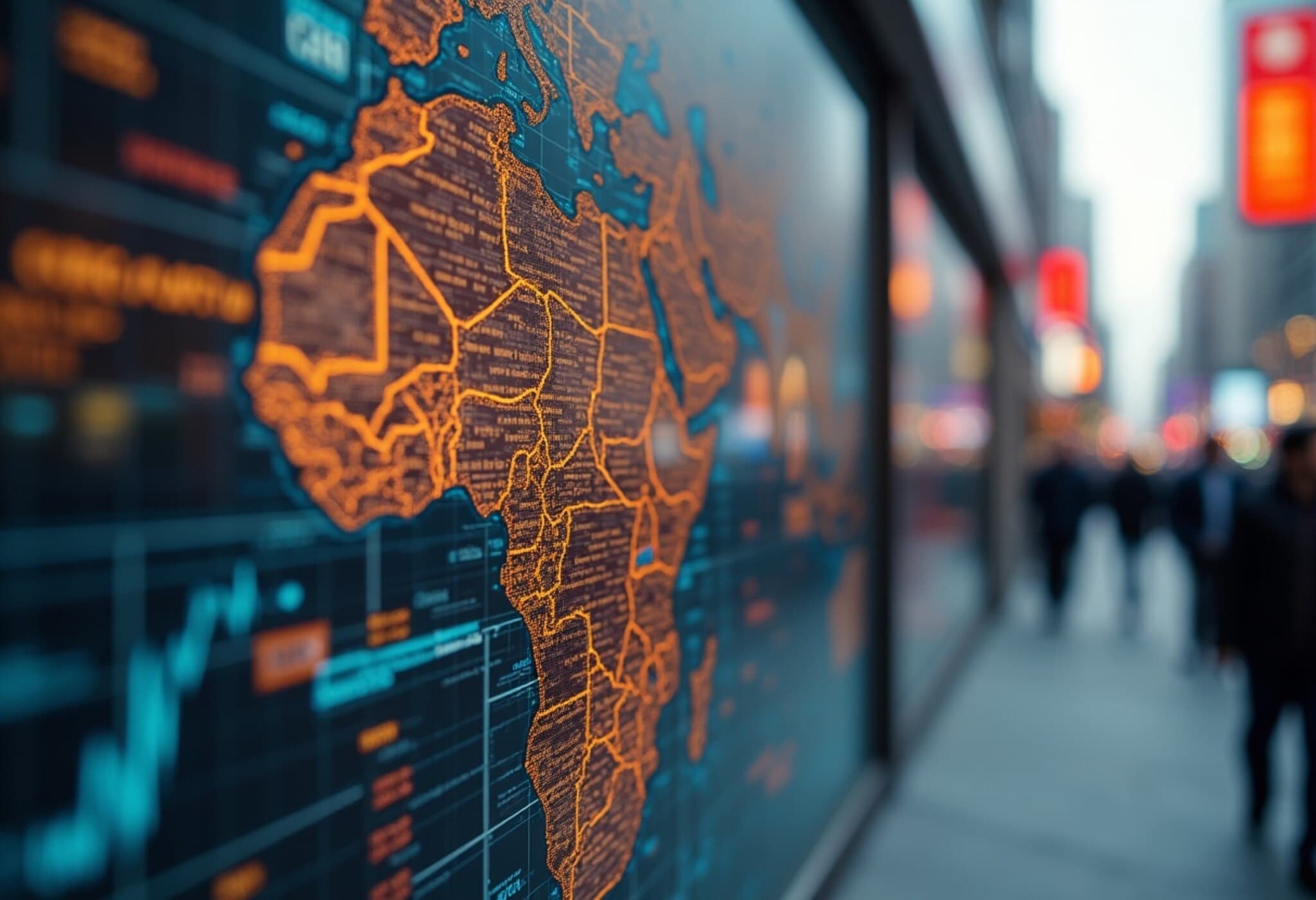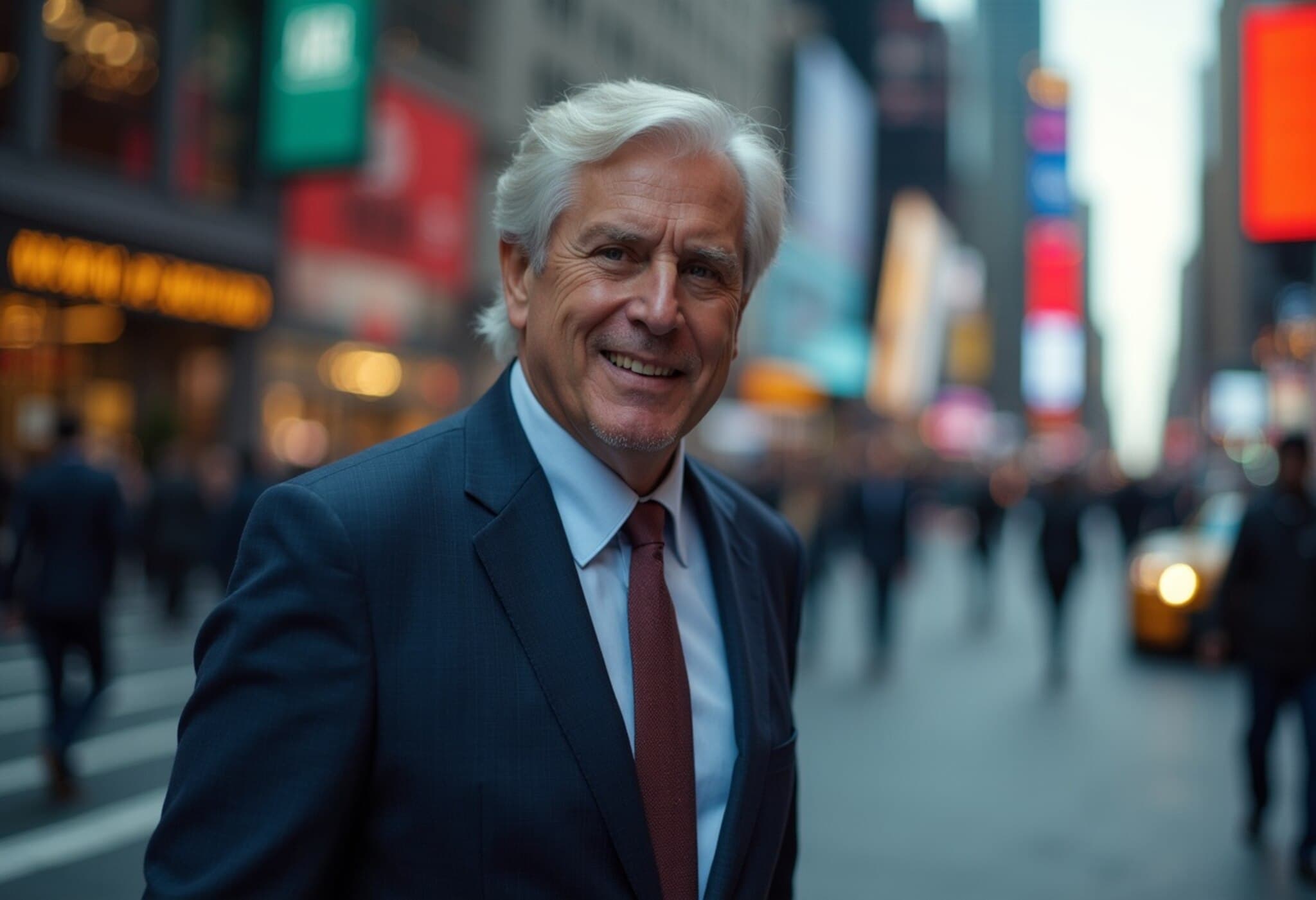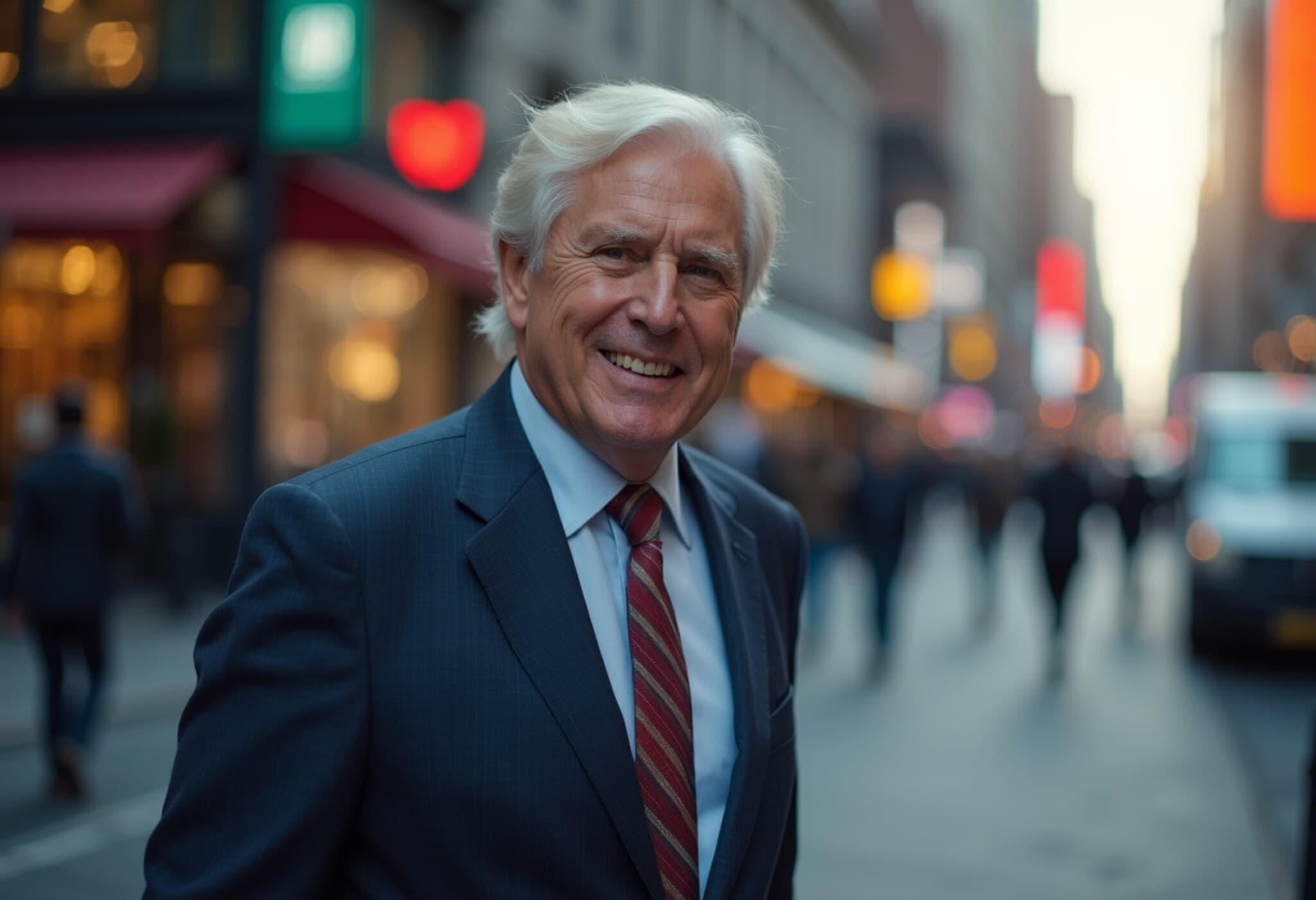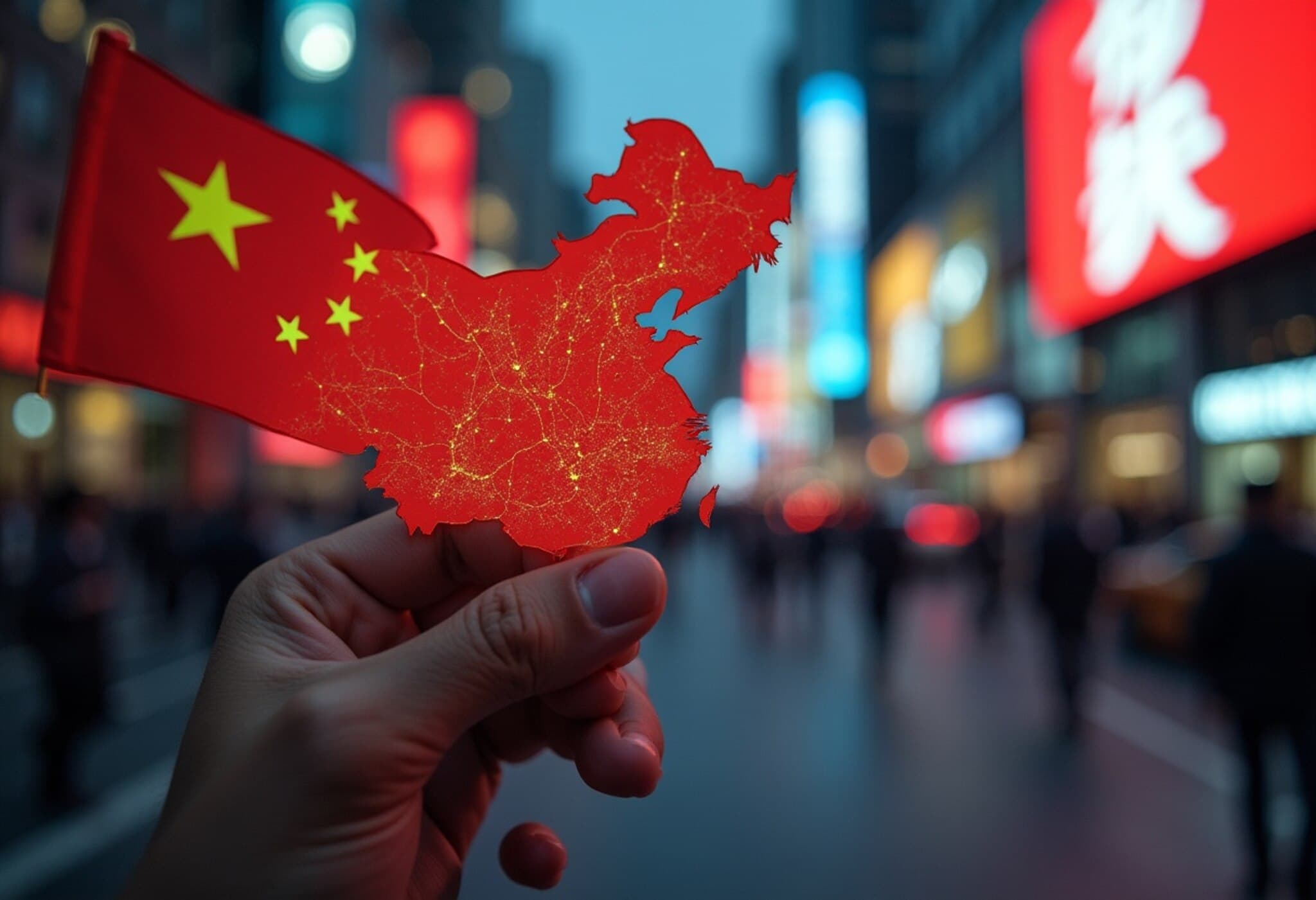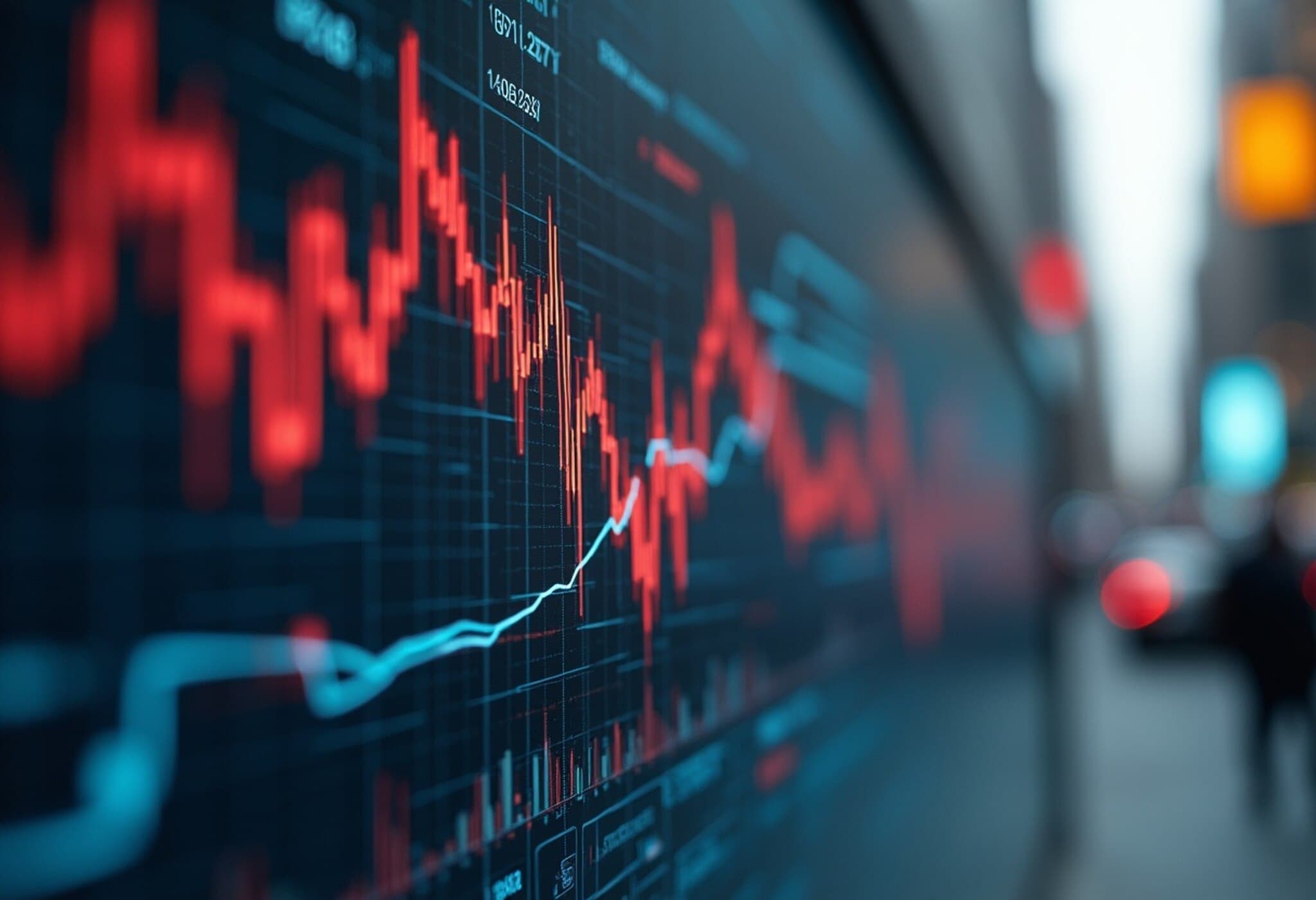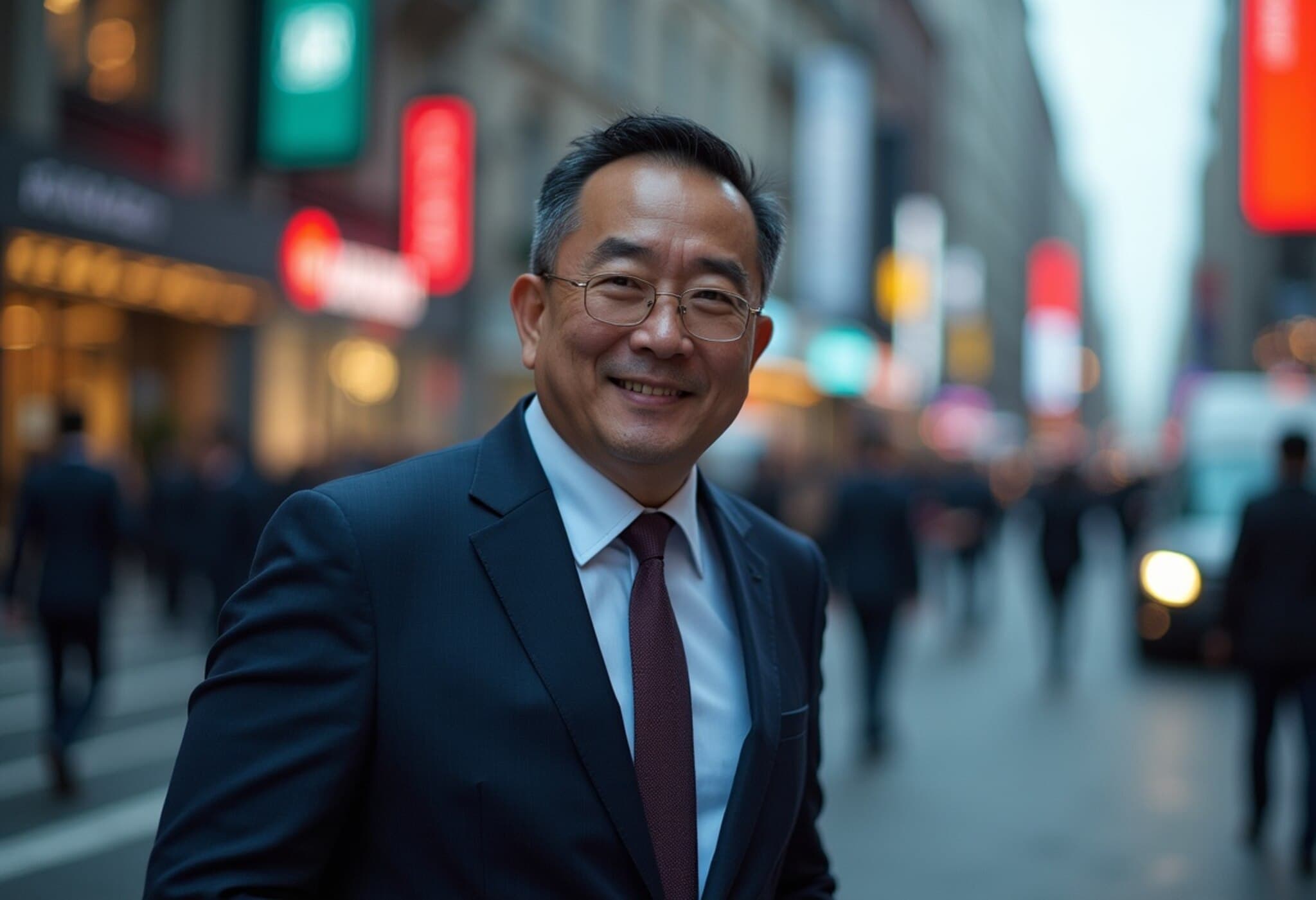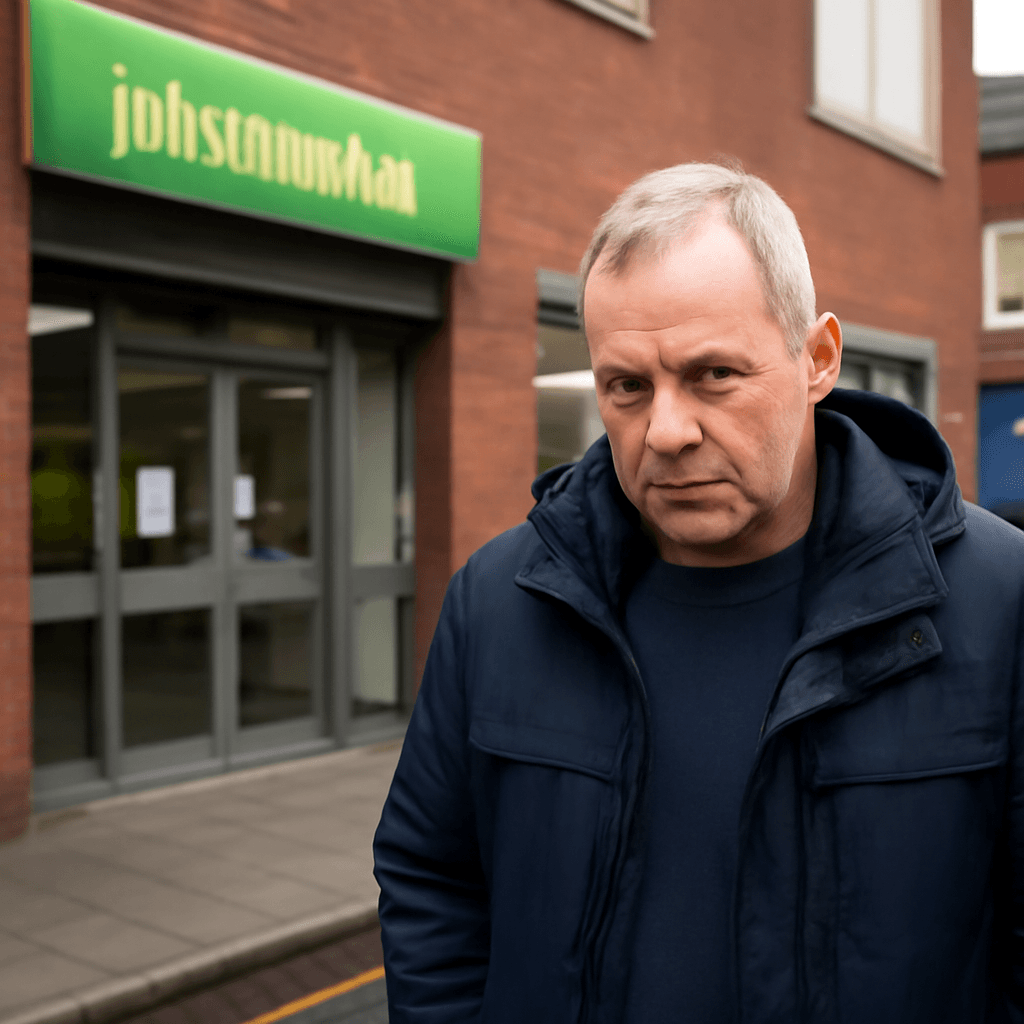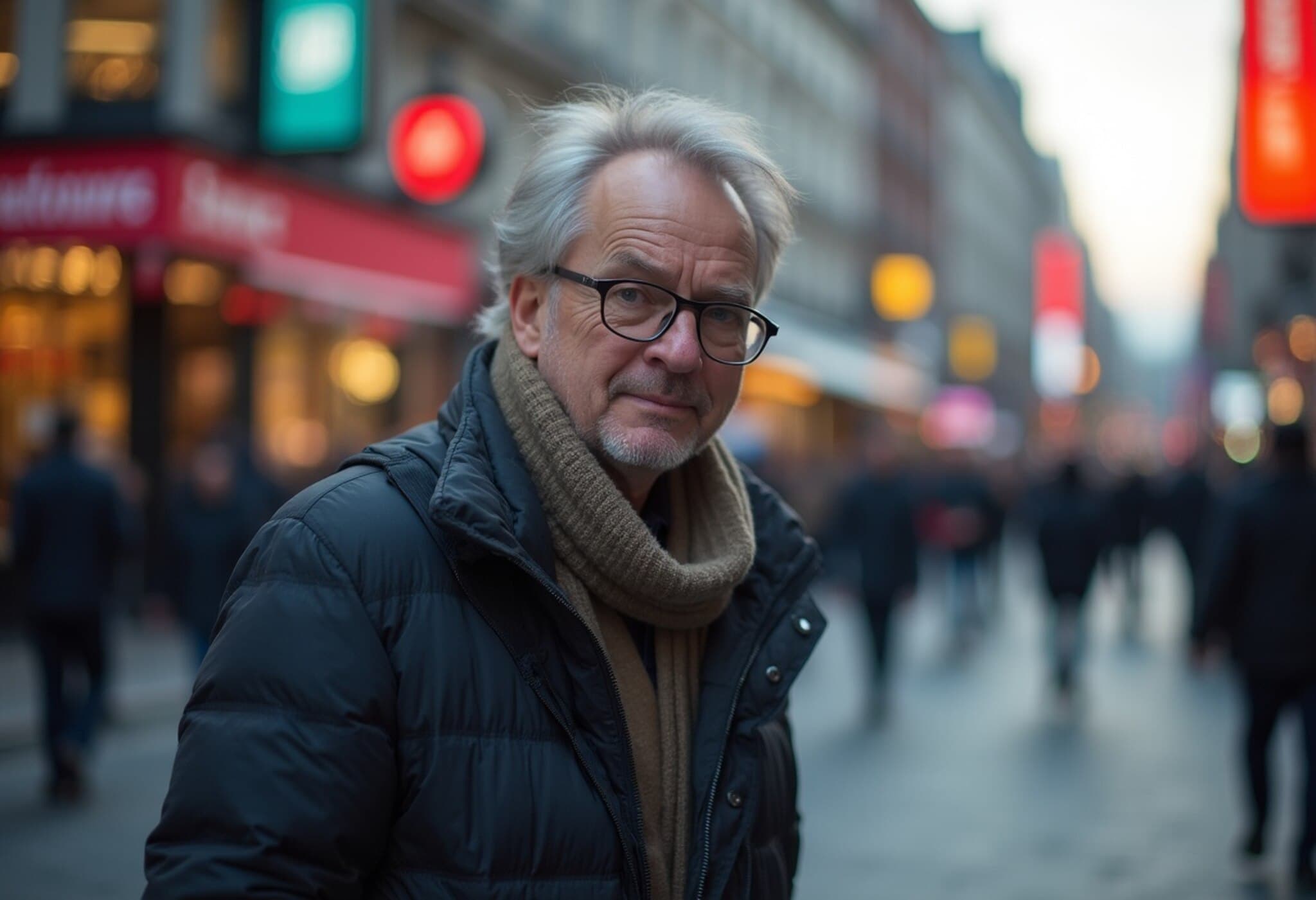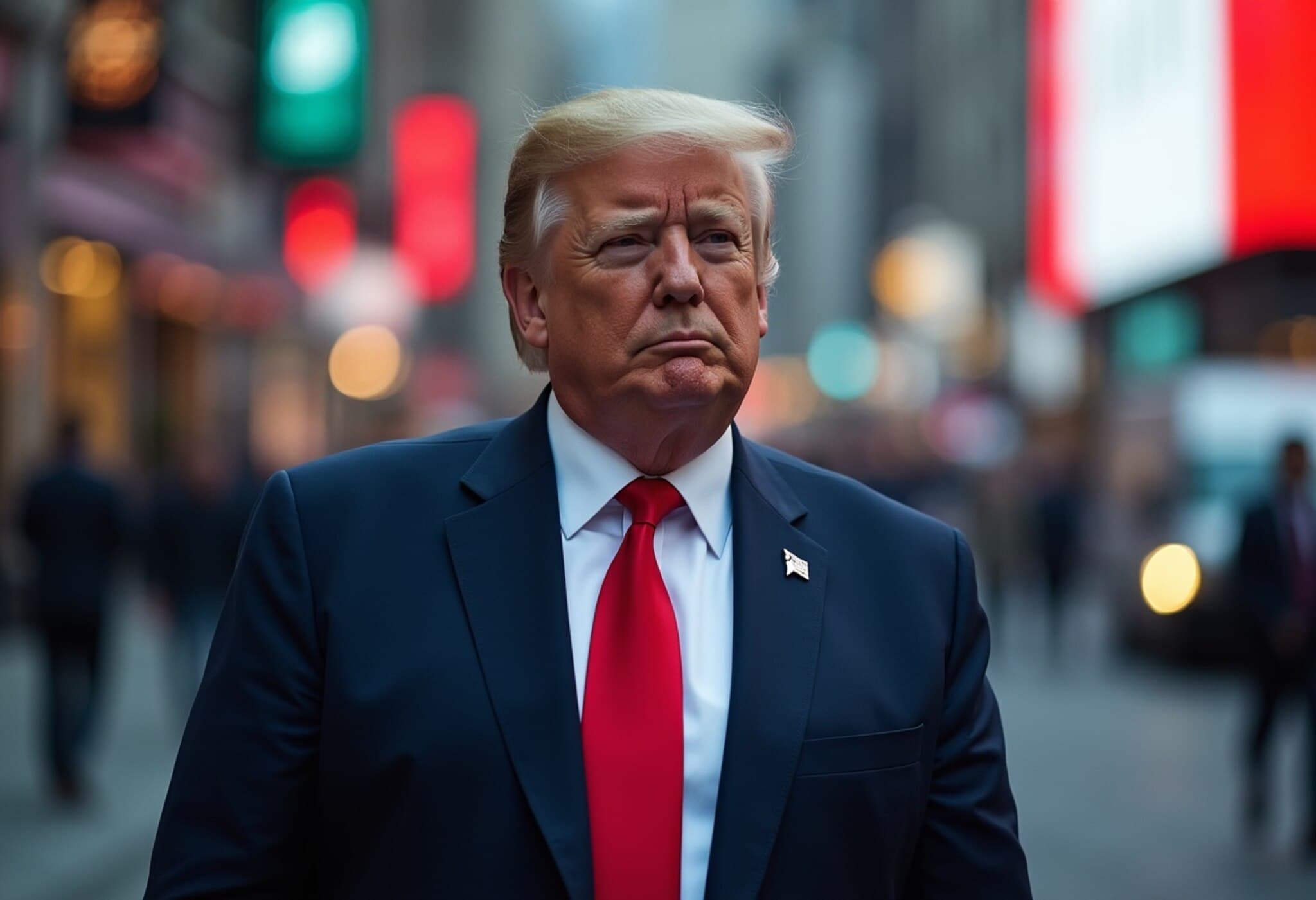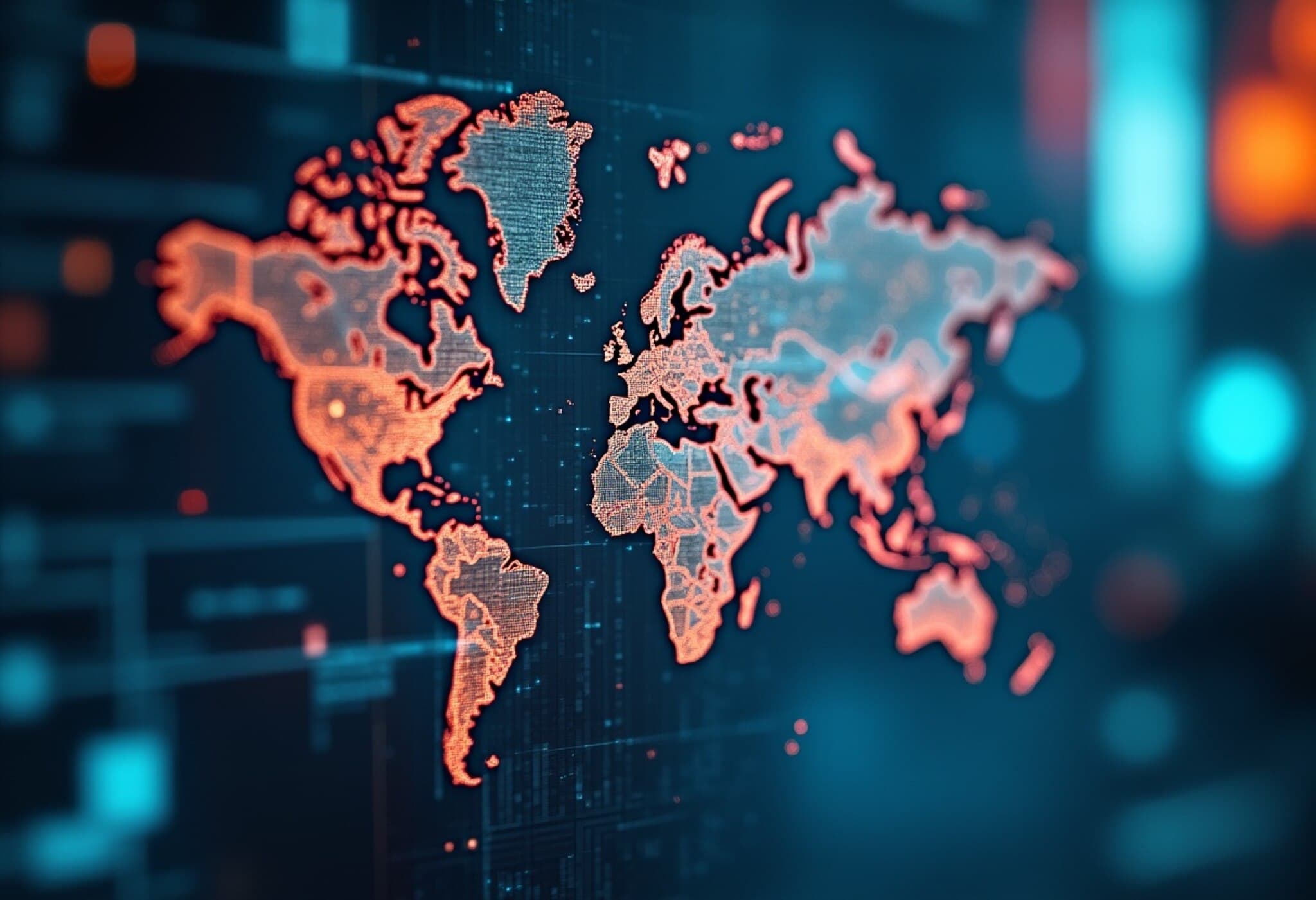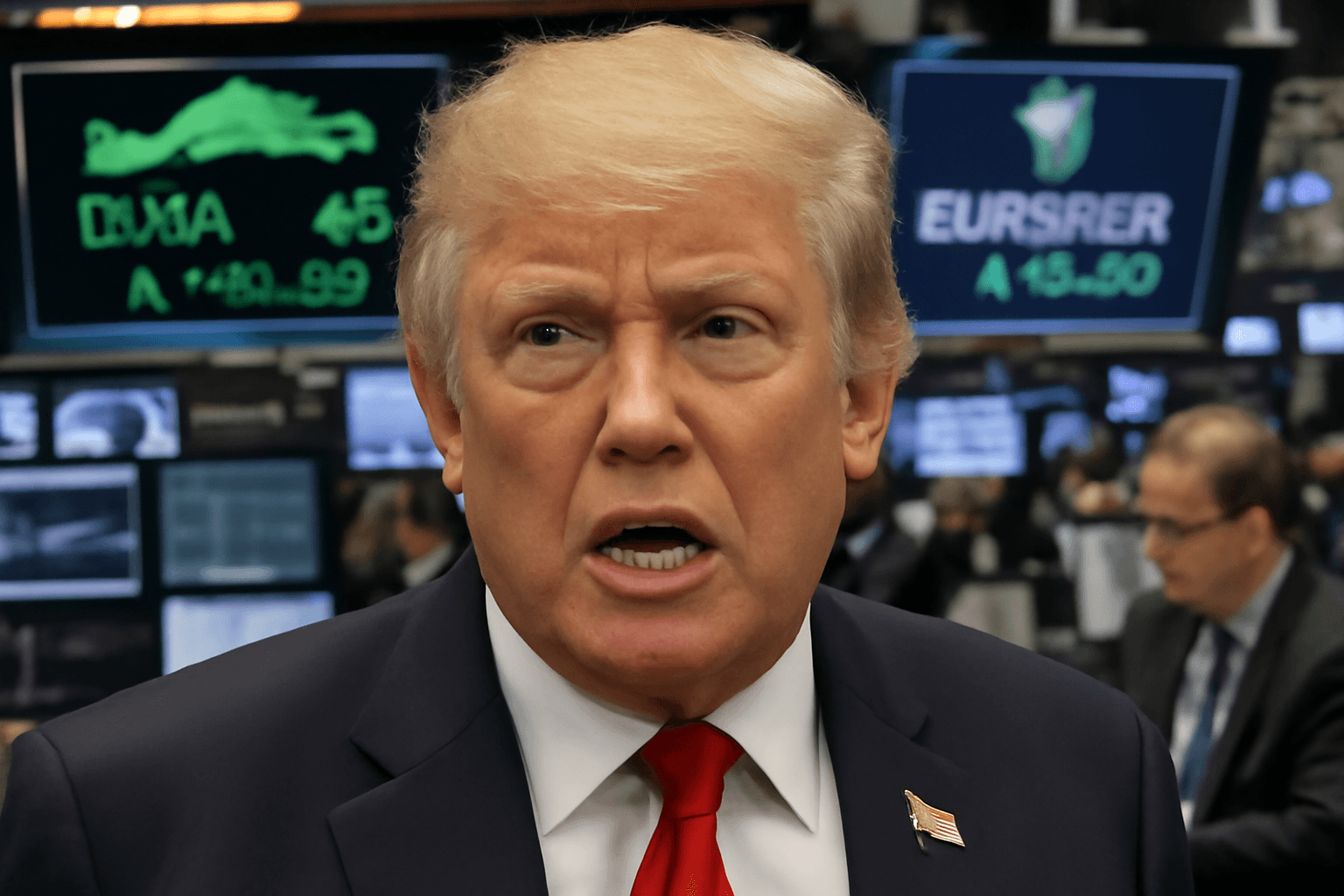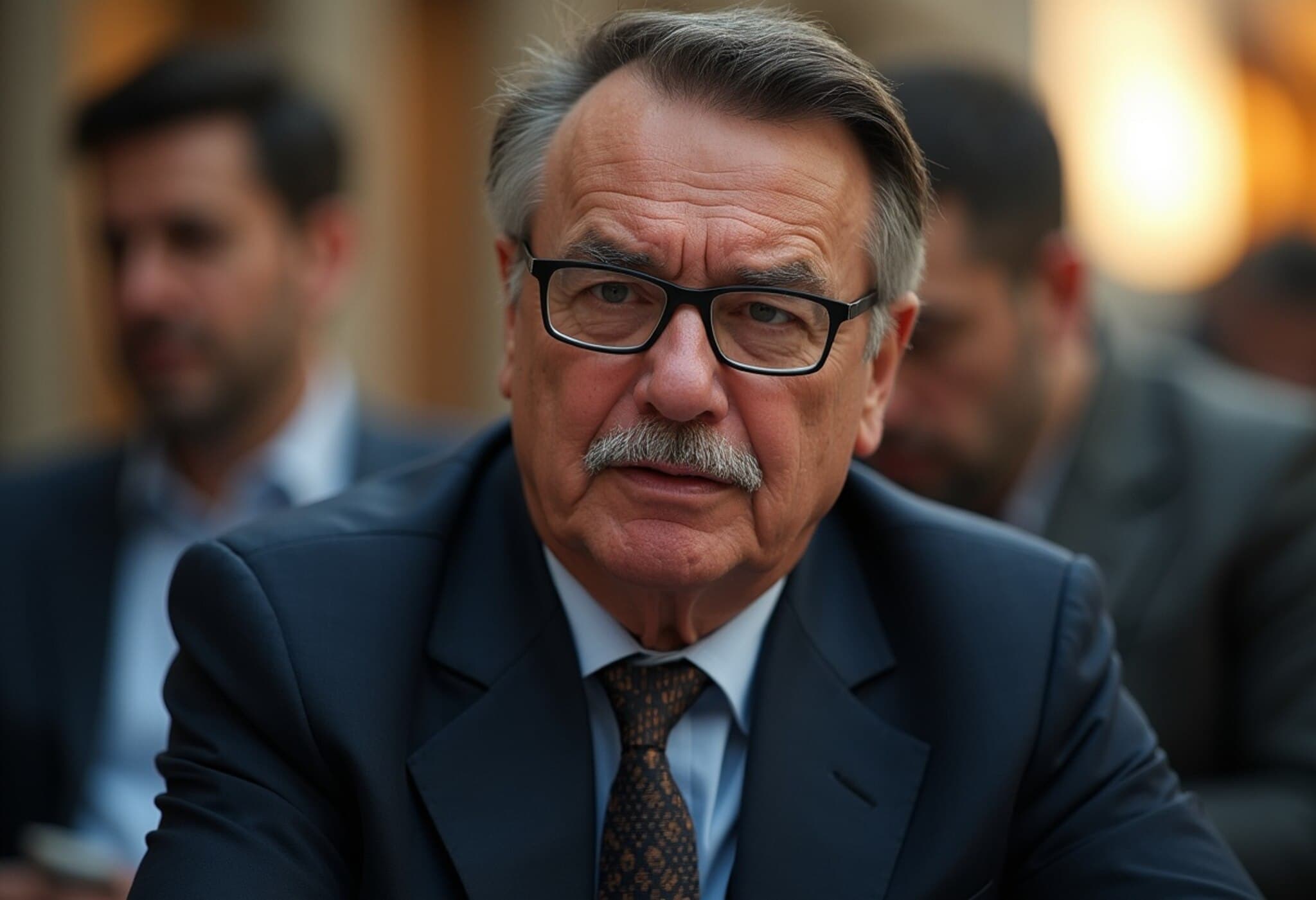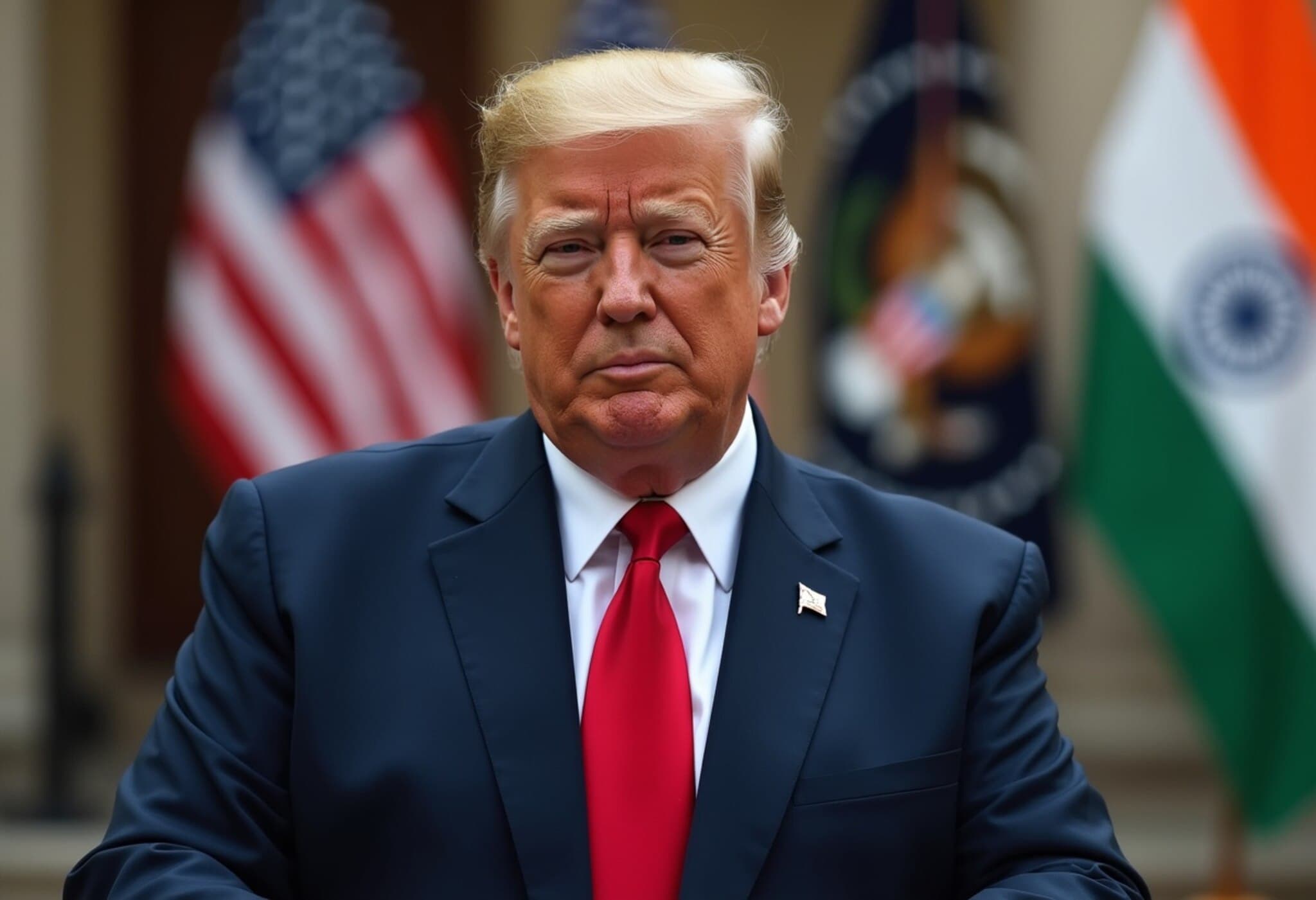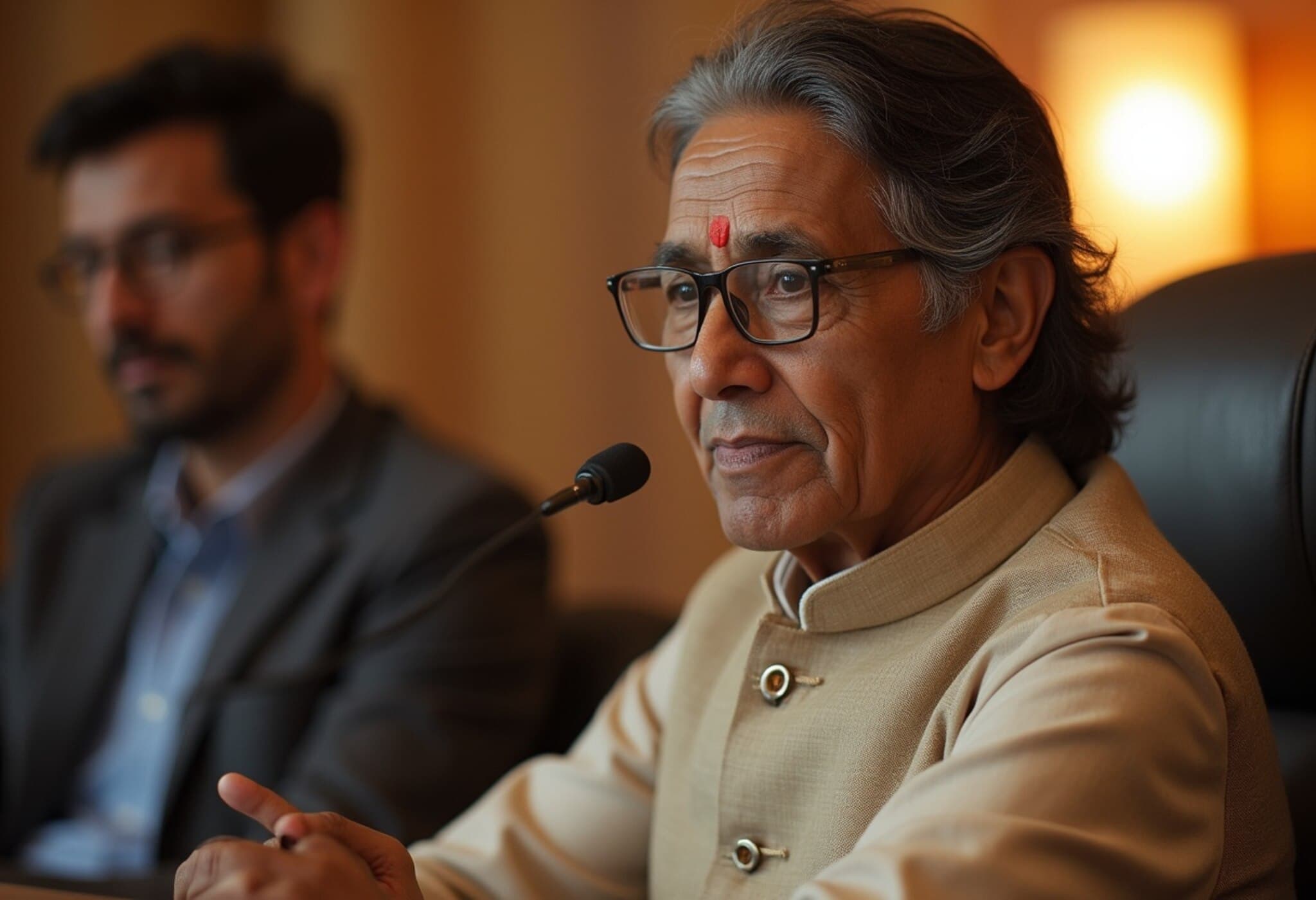Trade Tariffs Emerge as Leading Worry Among Global Investors
Trade tensions and tariffs have surged to the forefront of economic anxieties for investors worldwide. A recent survey involving nearly 1,000 institutional investors and wealth managers, representing an impressive $67 trillion in assets, revealed that 63% consider trade tariffs their most pressing macroeconomic concern shaping their investment strategy.
Tariff Risk Overshadows Other Economic Threats
What stands out is that the apprehension surrounding tariffs eclipses other concerns by a wide margin — the perceived risk from trade levies was over six times higher than the next biggest issue on investors’ radar. This underscores how strongly trade policy uncertainty is influencing the investment landscape today.
Demand for Stability Spurs Shift Toward Active Management
The poll also sheds light on investor responses to this volatility. Approximately 80% of professionals surveyed plan to increase their exposure to actively managed assets in the next year. This move is largely driven by a desire to foster resilience amid unpredictable macroeconomic conditions.
Johanna Kyrklund, Group Chief Investment Officer at a leading global asset manager, emphasized this trend: “Resilience now tops the investment agenda, as the rising tide no longer lifts all boats.” She highlighted challenges posed by structurally higher interest rates coupled with elevated debt levels, which in turn raise critical questions about future markets and the effectiveness of passive investing.
“In today’s complex environment, active strategies equip investors with the control needed to navigate uncertainty, build portfolio resilience, and capitalize on emerging opportunities,” Kyrklund added.
Looking Ahead Amid Trade Deal Developments
The survey, conducted during April and May, preceded a significant trade agreement announcement between the U.S. and China, awaiting final endorsement from both nations’ leaders. While the deal offers some hope, the overarching sentiment remains cautious, with investors prioritizing stability until the global trade outlook clarifies further.



